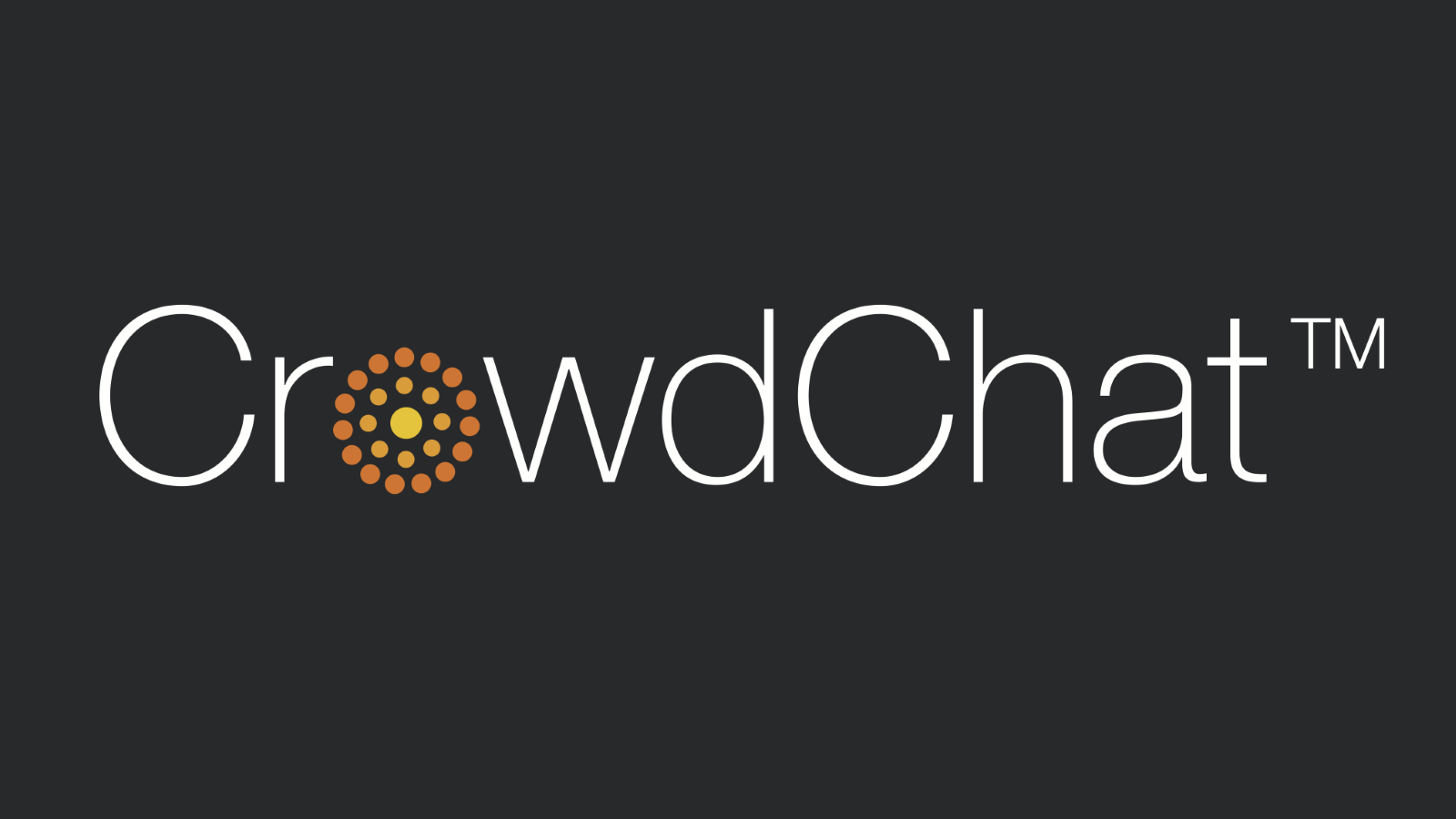 NEWS
NEWS
 NEWS
NEWS
 NEWS
NEWS
The CIO’s role in the enterprise is rapidly changing in this era of digital business disruption. CIOs need to focus on leading business transformation, ideally as part of a CEO-led team, rather than on operations. They should focus particularly on moving the business from seat-of-the-pants to data-based decision-making at all levels of the organization. That was the consensus of the nearly 50 contributors who attended IBM’s “Priorities for Today’s CIO” CrowdChat last Thursday, September 15.
The hour-long discussion focused on eight questions:
What is the biggest trend for CIOs on the horizon that will have an impact on their organizations?
“The biggest trend for CIOs is the emergence of data science as a core competency that needs to be instilled throughout your organization, including knowledge workers,” IBM Data Science Evangelist James Kobielus (@jameskobielus) posted at the start of the discussion.
IBM Director of Offering Management Nancy Kopp-Hensley (@NancyKoppdw) added that enabling self-service data has to be top on the list with big impact of the organization. RelationShift Creator Tamara McCleary (@TamaraMcCleary) refined the focus to predictive analytics.
Several contributors agreed that CIOs are regaining access to the board of directors, a measure of how important IT is becoming to the business as a whole.
What new technologies will have the most significant impact on CIOs in the next three-to-five years?
Open source technologies and Apache Spark were cited in particular, along with cloud, analytics and machine learning. “The Internet is 100% the biggest disruption,” posted Australian Dez Blanchfield (@dez_blanchfield), data scientist and vice president of technology for The Greenstone Group, who got up at 3:00 AM local time to join the CrowdChat.
Software-as-a-service offerings and the growth of “shadow IT” as business executives contract directly with providers without alerting their IT organizations was also cited as a headache for CIOs. Kobielus added cognitive computing – in the form of chatbots “embedded in everything” – to the list. Blanchfield also added mobile devices, particularly Apple iPads, and the shift away from desktop PCs and laptops.
How would you explain the CIO role to your family or friends?”
This question presented a particular challenge to the group, first because the CIO’s role is evolving rapidly and is hard to define and secondly because it is even harder to explain in non-technical terms. “The role changes every time we try to ‘nail it down’ in plain English,” Blanchfield commented.
Kopp-Hensley’s suggestion that the CIO should be the “Chief Innovation Officer” garnered several positive comments. “CIOs used to focus on automation. Now they need to be more of a futurist,” she added.
“The CIO is the person who magically makes the things people ask for transmogrify into actual working things they can use powered by technology,” Blanchfield contributed.
SiliconAngle Media Co-CEO John Furrier (@Furrier) said, “Face it, the CIO is a dead end. The CIO is now the CEO.” To which IBM Marketer Paula Wiles Sigmon (@paulawilessigmon) responded, “In whose opinion, the CIO’s or the CEO’s?”
Other questions that elicited active debate were:
The full CrowdChat is available here. This and other sponsored CrowdChats on business and IT subjects are open to all. The schedule of upcoming CrowdChats and general information about CrowdChat is available here.
THANK YOU